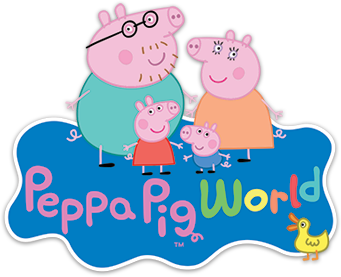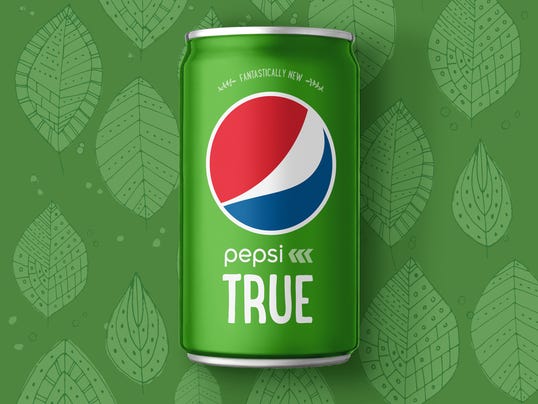Stakeholders (also known as
publics) are groups such as
community residents, media representatives, stockholders, financial
analysts and others who have an interest in or some influence on
marketing performance. Obviously, customers, employees, managers,
suppliers, government regulators and others can directly influence a
business and its performance, meaning they're particularly important
stakeholders.
As I say in my texts and here on the blog,
competitors must also be considered stakeholders, because every rival can,
directly or indirectly, affect the performance of its competitors. This is particularly true in the grocery retailing industry, where activities such as price-match guarantees directly affect what competitors do.
Sainsbury's situation shows this in action. To be competitive, Sainsbury (with
1200 UK stores)
has to offer good quality at good prices, as well as making sure its stores are the right size and in the most convenient locations for customers.
Its competitors are using price wars as a key element in their marketing plans--which puts the pressure on Sainsbury to cut prices, too.
Sainsbury recently complained that a Tesco
matching price promotion unfairly compared some Sainsbury products with Tesco products. The high court disagreed. But taking this to court indicates that Sainsbury is concerned about the effects of Tesco's price policies.
In fact, Sainsbury just announced a
major price-cut promotion of its own to fight back against what competitors like Tesco and
Aldi are doing to attract customers and increase market share. Competitors are, as this shows, influencing Sainsbury's decisions and performance.
Seeking to analyse its strengths, weaknesses, threats and opportunities, Sainsbury has
revealed that up to 25% of its stores are either the wrong size or not in the right location. That presents a challenge because of the company's real estate commitments. Can Sainsbury improve its financial position, fix its store situation, keep prices low and improve profits? Stay tuned.









